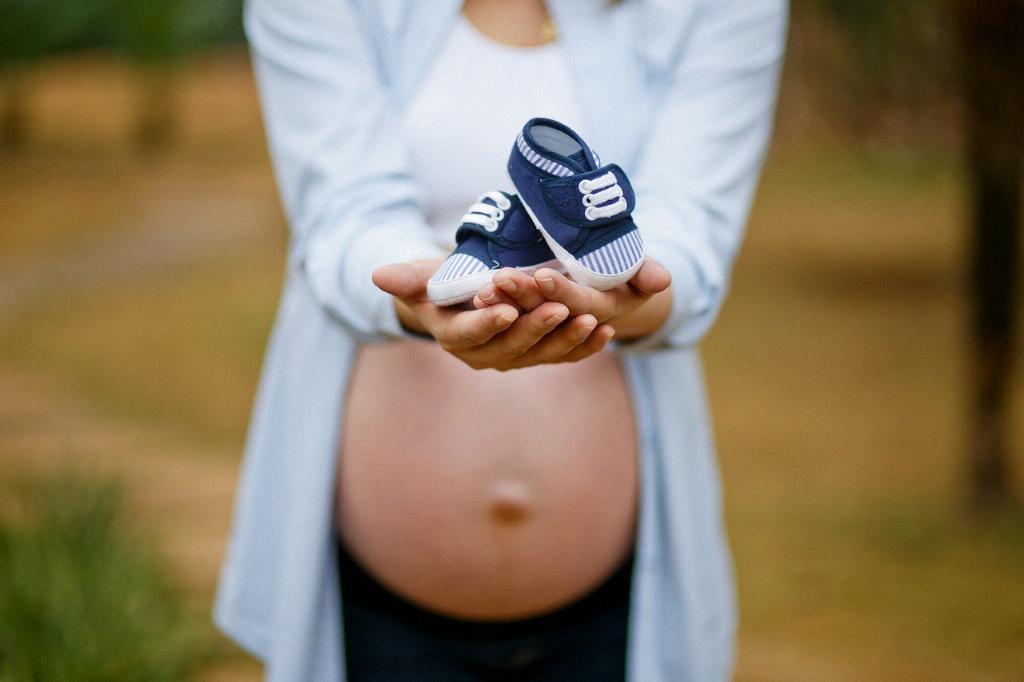Trichomoniasis is a common sexually transmitted infection caused by the parasite Trichomonas vaginalis. While the infection itself can be easily treated with antibiotics, if left untreated during pregnancy, it can have serious consequences for both the mother and the baby.
Risks of Trichomoniasis during Pregnancy
One of the main risks of having trichomoniasis during pregnancy is an increased likelihood of preterm delivery. Preterm birth, defined as giving birth before 37 weeks of gestation, can lead to a range of health issues for the baby.
Effect on Baby’s Development
Preterm birth resulting from trichomoniasis can impact the baby’s development, as they may not have had enough time in the womb to fully develop essential organs and systems. This can result in long-term health complications and developmental delays.
Low Birth Weight Concerns
Another significant concern associated with trichomoniasis during pregnancy is the risk of delivering a baby with low birth weight. Babies born with low birth weight are more susceptible to infections, breathing problems, and developmental issues.
Potential Hospitalization Time
Babies born to mothers with untreated trichomoniasis may require longer hospital stays after birth to receive specialized care and monitoring. This can be emotionally challenging for parents and can also incur increased medical costs.
Importance of Early Detection and Treatment
Early detection and treatment of trichomoniasis during pregnancy are crucial to prevent adverse outcomes for both the mother and the baby. Routine prenatal screenings can help identify and address the infection promptly.
Consulting Healthcare Providers
It is essential for pregnant women to discuss any concerns or symptoms with their healthcare providers. Open communication can lead to timely diagnosis and treatment of trichomoniasis, reducing the risk of complications.
Ensuring Overall Health and Well-being
By prioritizing regular prenatal care and following medical advice, pregnant women can safeguard their health and the health of their babies. Seeking prompt treatment for infections like trichomoniasis is an integral part of this process.
Monitoring Baby’s Growth and Development
During prenatal visits, healthcare providers closely monitor the baby’s growth and development to detect any signs of complications early on. Addressing issues promptly can help prevent long-term health problems.
Emphasizing Preventive Measures
Preventing sexually transmitted infections, including trichomoniasis, is key to ensuring a healthy pregnancy. Practicing safe sex, including the consistent use of condoms, can significantly reduce the risk of infection.
Supporting Maternal and Child Health
Supporting maternal and child health is a collective effort that involves healthcare professionals, pregnant individuals, and their support networks. By working together and staying informed, we can promote positive pregnancy outcomes.
Conclusion
Can having trichomoniasis affect pregnancy? Absolutely. The risks associated with untreated trichomoniasis during pregnancy highlight the importance of proactive healthcare measures and early intervention. By prioritizing regular prenatal care, seeking timely treatment, and practicing preventive strategies, pregnant individuals can help mitigate the impacts of trichomoniasis on their pregnancy and their baby’s health.

